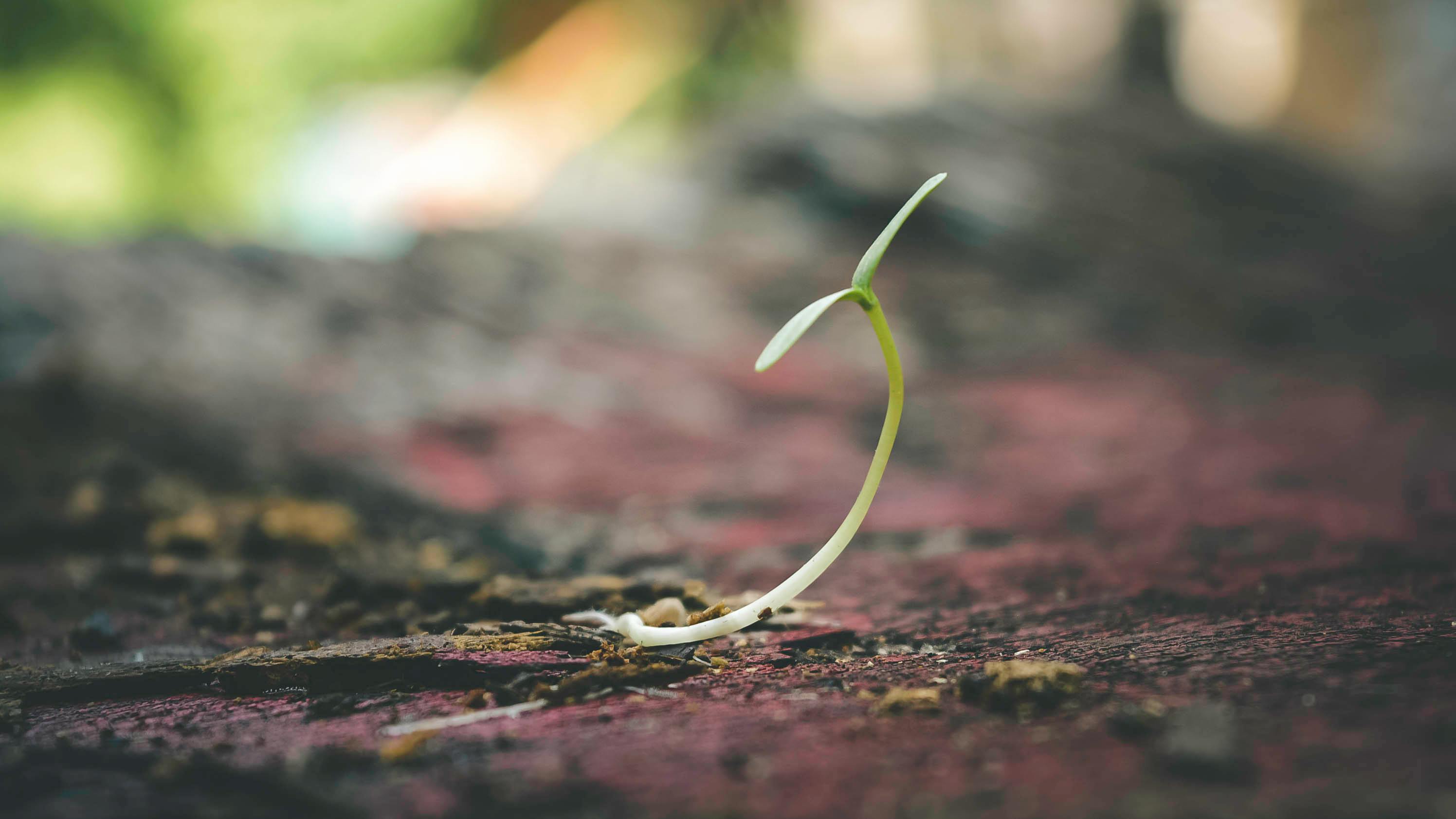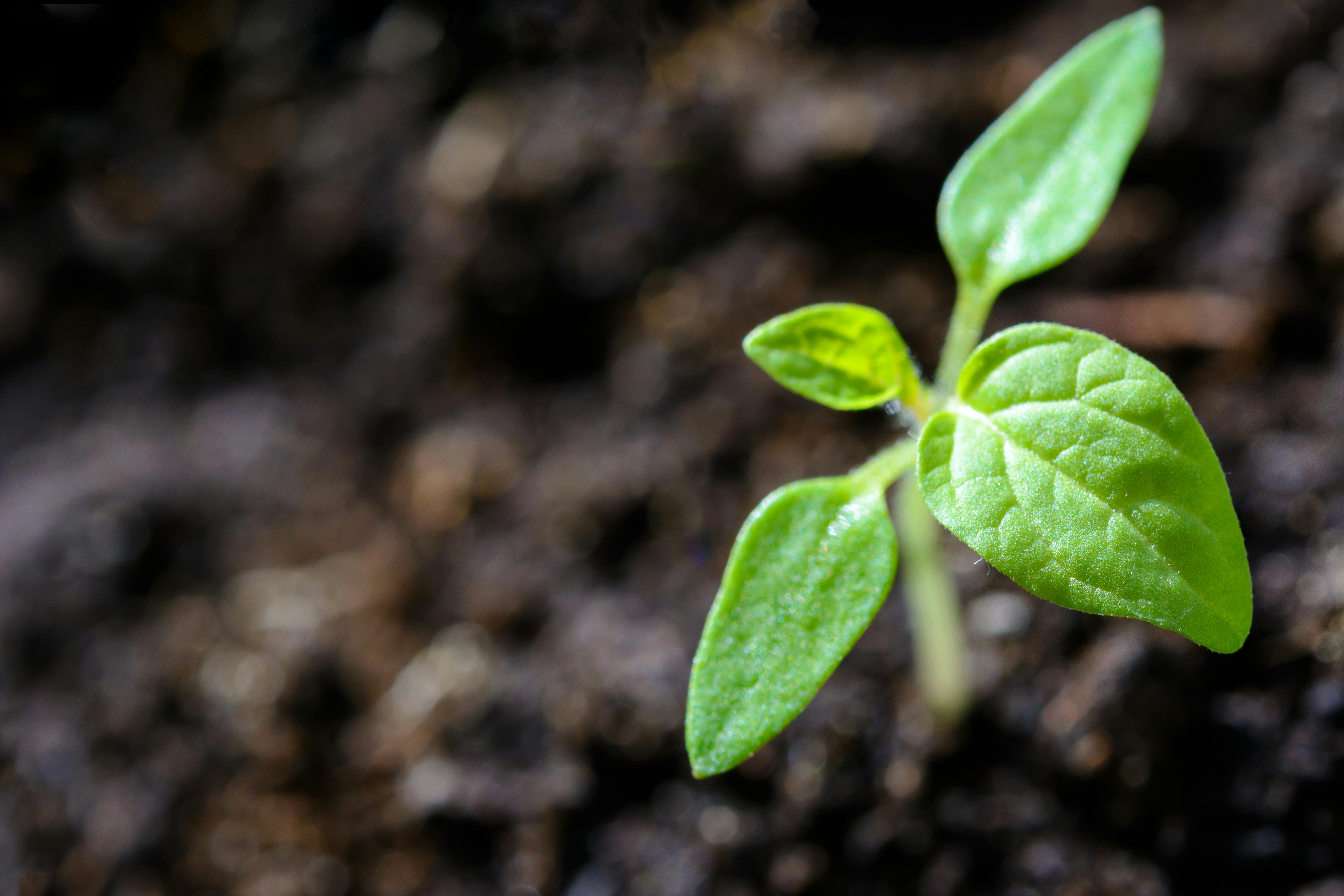Strawberry plants are popular in many gardens for their delicious and juicy fruits. While strawberries will grow in most soil types, they prefer acidic soils that are high in organic matter. Knowing the acidity of your soil before planting is key to successfully growing strawberries and ensuring they produce the most flavorful fruits.Strawberry plants prefer a soil that is well-draining and slightly acidic, with a pH between 5.5 and 6.5. This type of soil should be rich in organic matter, like compost or aged manure, to help keep the soil moist and provide essential nutrients for healthy growth.
How Can You Tell If Your Soil Is Acidic?
Testing the pH of your soil is the best way to determine if it is acidic. This can be done using a soil testing kit, which can be purchased from most garden centers or online. The pH of your soil will influence how plants grow and what nutrients are available to them, so it’s important to know what level you’re dealing with.
To test for acidity, take a sample of your soil and add it to a testing solution. The solution will change colors depending on the pH level, and then you can compare the results with a color chart. If the results indicate that the pH level is below 7, then your soil is acidic.
If you don’t have a testing kit available, there are some other signs that may indicate that your soil is acidic. For instance, if there are certain plants growing in your garden that prefer acidic conditions or if you notice an abundance of mosses or lichens growing in shaded areas of the garden, then this could be an indication that your soil is acidic. Additionally, if you find that certain types of plants struggle to thrive in your garden or if they wilt easily despite regular watering and care, this could also be an indication that your soil is too acidic for them.
Overall, testing for pH levels with a kit will give you accurate results and help inform decisions about which plants to grow in your garden. Knowing whether or not you have acidic soil can help you choose plants and amendments accordingly so they’ll thrive in their environment.
Is it Good to Have an Acidic Soil for Growing Strawberries?
Acidic soils can provide many benefits to strawberry plants, making them a preferable choice when it comes to growing strawberries. The most notable benefit is that acidic soils are rich in essential nutrients such as nitrogen, phosphorus, and potassium. These nutrients are vital for the growth of the plants and can be released into the soil over time. Furthermore, acidic soils also contain beneficial microorganisms which can help protect the plant from disease and pests.
Another advantage of growing strawberries in acidic soils is that they tend to retain moisture better than other types of soils. This means that the plant will require less frequent watering and will have access to more water overall, leading to healthier growth and fewer problems related to dehydration. In addition, acidic soils also tend to be more compacted than other types of soils, providing better support for strawberry plants.
Finally, acidic soil often contains higher levels of organic matter which helps improve soil drainage and aeration. This allows for better absorption of water and nutrients by the roots of the strawberry plant, promoting healthier growth overall.
In conclusion, acidic soil provides many unique benefits when it comes to growing strawberries and is often preferred over other types of soil for this purpose. It is important for gardeners to ensure that their soil has appropriate pH levels before planting strawberries in order to maximize these benefits.
Benefits of Growing Strawberries in an Acidic Soil
Growing strawberries in acidic soil can be beneficial to the plant and the gardener. Strawberries are naturally tolerant of acidic soil, and they require a pH level between 5.0 and 6.5 to thrive. The acidic soil increases the availability of certain minerals to the strawberry plants, helping them to grow larger and healthier fruit. The acidic soil also helps protect against root rot, which can be a major issue when growing strawberries in other soils. Additionally, an acidic soil helps discourage pests like slugs and snails, which can damage strawberry plants.
Overall, growing strawberries in acidic soil can help ensure optimal growth and flavor for the berries. The acidic soils provide essential nutrients for the strawberries while helping to repel pests that would otherwise damage the plants or their fruit. This makes it easier for gardeners to produce large amounts of healthy, flavorful strawberries with minimal effort.
How to Make Your Soil More Acidic for Strawberry Plants
Strawberry plants thrive in soil that is slightly acidic, with a pH of 6.0-6.5. If your soil doesn’t have the ideal pH levels, then you can easily change it by adding sulfur to create an acidic environment. There are several ways to make your soil more acidic for strawberry plants, including using compost, mulch and pine needles.
The first step is to determine your soil’s current pH level, which can be done with a simple soil test kit available at most garden centers or online retailers. Once you know the current pH level of your soil, you can decide how much sulfur should be added in order to make it more acidic. Usually a small amount of sulfur is enough to lower the pH slightly, but if your soil has a higher pH level than 6.5 then you may need to add more sulfur to achieve the desired acidity.
In addition to adding sulfur directly to the soil, there are other methods that can help you make your soil more acidic for strawberry plants. Compost is an excellent way to lower the pH level of the soil as it breaks down over time and releases acids into the environment. You can also use mulch made from pine needles or bark as this helps keep moisture in the ground and slowly lowers pH levels over time as it decomposes.
Finally, another option is using acidifying fertilizers which contain elements like ammonium sulfate or aluminum sulfate that help create an acidic environment in the soil. These fertilizers also provide essential nutrients like nitrogen and potassium that promote healthy plant growth and development.
By following these steps and making sure your soil has the right amount of acidity for strawberry plants, you will be able to enjoy a bountiful harvest for many years to come!

How to Lower the pH Level of Your Soil For Strawberries
Strawberries prefer a slightly acidic soil with a pH level between 5.5 and 6.5, making it important to adjust the pH level of your soil before planting. To lower the pH level of your soil, you can add sulfur or other acidic components to the soil mix. Adding peat moss is also an effective way to lower the pH level. Additionally, you can use composted manure or other organic matter to help reduce the alkalinity of your soil.
Sulfur is a common amendment used to reduce the pH level of soils for strawberries, and it comes in both granular and powder form. It should be applied at a rate of 1/4 pound per 100 square feet for sandy soils and up to 1 pound per 100 square feet for heavier clay soils. Sulfur should be worked into the top 6-8 inches of soil for best results. It is important to note that sulfur takes several weeks or months to work its way into the soil, so it should be applied several weeks before you plan on planting your strawberries.
Peat moss is another great option for lowering your soil’s pH level since it is naturally acidic in nature. It can be added at a rate of 2-3 cubic feet per 100 square feet and should be mixed into the top 6-8 inches of soil as well. Composted manure is also an effective choice when trying to reduce alkalinity in soils because it helps promote microbial activity which helps break down materials like limestone that tend to raise pH levels in soils. Composted manure should be applied at a rate of 1/2 pound per 100 square feet and thoroughly mixed into your existing soil blend before planting strawberries.
Finally, adding organic material such as grass clippings, leaves, sawdust or wood chips can help lower your soil’s pH levels when incorporated into existing soils at rates between 2-4 cubic feet per 100 square feet depending on the type of organic matter used and how acidic it is in nature. After adding any amendments, mix them well into existing soils before planting strawberries for best results.
Can Strawberry Plants Thrive in Neutral or Alkaline Soils?
Strawberry plants are usually grown in slightly acidic soils, ranging from pH 5.0 to 6.5. While neutral and alkaline soils can support the growth of strawberry plants, there are certain challenges that must be addressed in order for the plants to thrive. Neutral soils generally have a pH of 6.5-7.0, while alkaline soils have a pH higher than 7.0 and can be as high as 8.5 or even 9.0.
In neutral and alkaline soils, the availability of essential nutrients such as iron, magnesium, and zinc is often reduced due to soil chemistry changes brought on by the higher pH levels. This can lead to nutrient deficiencies in strawberry plants growing in these types of soils, which will result in slower growth and weaker plant health overall. Additionally, soil with a higher pH can cause ammonium nitrogen levels to rise significantly, which can stunt the growth of strawberry plants if not managed properly.
In order for strawberry plants to thrive in neutral or alkaline soils, it’s important to regularly check the soil’s pH levels and provide regular fertilizer applications that are specifically designed for neutral or alkaline soils. Using organic matter such as compost or manure can help reduce the soil’s pH level over time while also providing valuable nutrients for plant growth and health. Additionally, applying sulfur to the soil can help lower its pH level if it is too high for optimal plant growth and health.
Overall, it is possible for strawberry plants to thrive in neutral or alkaline soils but special care must be taken to ensure proper soil conditions and nutrient availability so that plant health is not compromised over time.
What is the Best pH Level for Growing Strawberries?
The optimal pH level for growing strawberries is between 5.5 and 6.5. This slightly acidic soil is ideal for getting the best flavor and maximum yield from your plants. A soil pH that is too low or too high can cause nutrient deficiencies and make it difficult for your plants to absorb water and other essential nutrients.
When planting strawberries, it is important to test the soil prior to planting in order to determine if it is within the optimal range for strawberry growth. The test results will help you adjust the pH levels if necessary with lime or sulfur, depending on what your soil needs. It’s also important to keep an eye on the pH level throughout the growing season as it can change due to weather conditions or other factors.
In addition, adding organic matter such as compost or manure can help balance out any acidity in the soil and provide essential nutrients for your plants. Mulching with straw or other organic materials can also help retain moisture and keep weeds at bay, both of which are important for healthy strawberry growth.
Overall, maintaining a slightly acidic soil pH between 5.5 and 6.5 is key to getting the best flavor and maximum yield from your strawberry plants. If you do need to adjust the pH levels, be sure to do so slowly over time so as not to shock your plants with sudden changes in their environment. With proper care and maintenance, you’ll be rewarded with a delicious harvest of sweet strawberries!

Conclusion
Strawberry plants are relatively easy to grow as they thrive in a variety of soil conditions. However, acidic soil can be particularly beneficial for strawberry plants as it helps to prevent diseases and helps support their growth. For optimal growth, strawberry plants need a soil pH of between 5.5 and 6.5 for adequate nutrient uptake and availability. If the soil is too acidic, some nutrients may become unavailable to the plant, so regular testing of the pH level is important for successful strawberry production.
Overall, strawberry plants prefer acidic soils for optimal growth and productivity. However, they can still grow in slightly alkaline soils with some amendments such as sulfur or iron sulfate. With proper care and maintenance, it’s possible to create an ideal environment for strawberry plants regardless of the existing pH levels in the soil.



